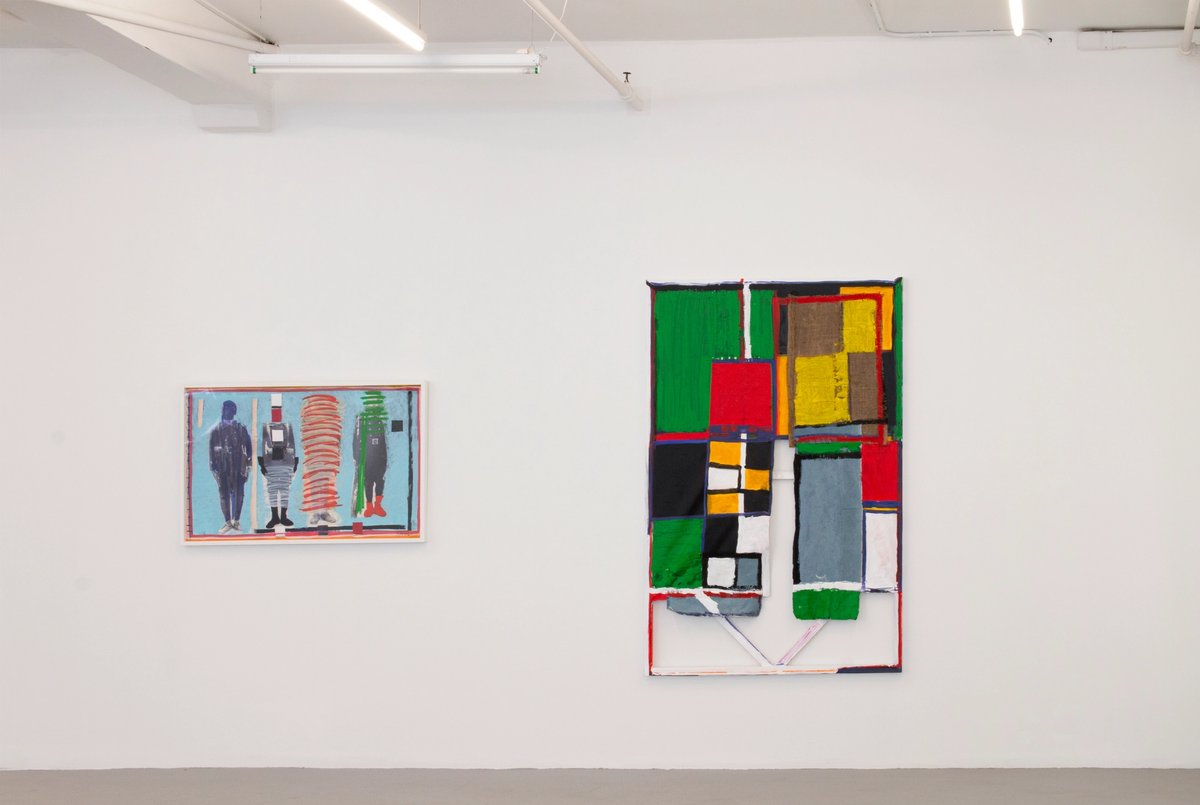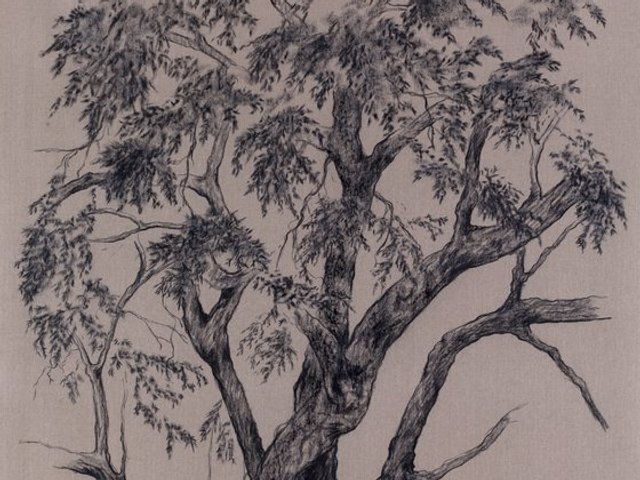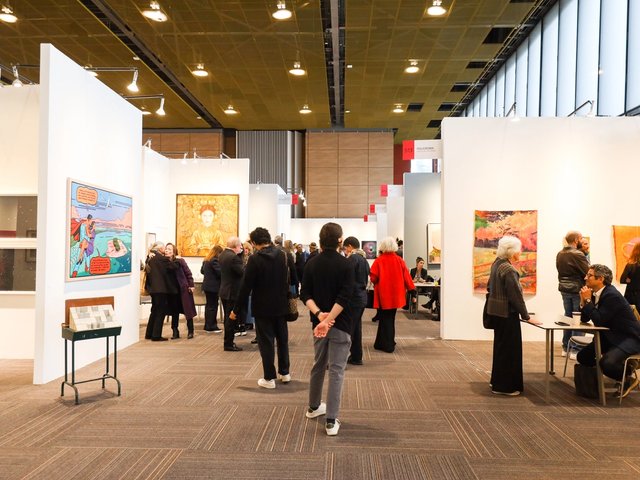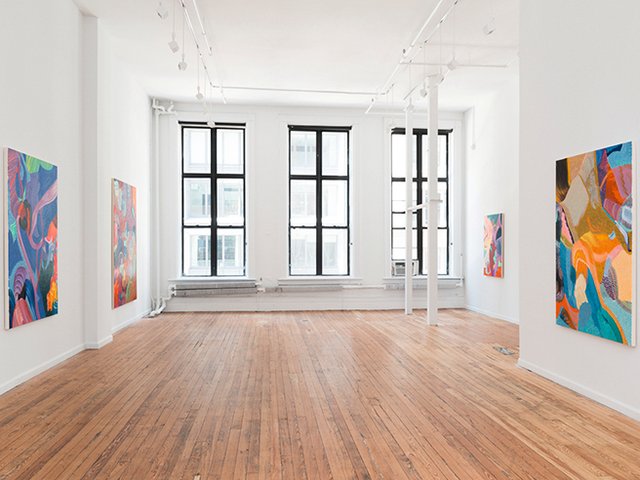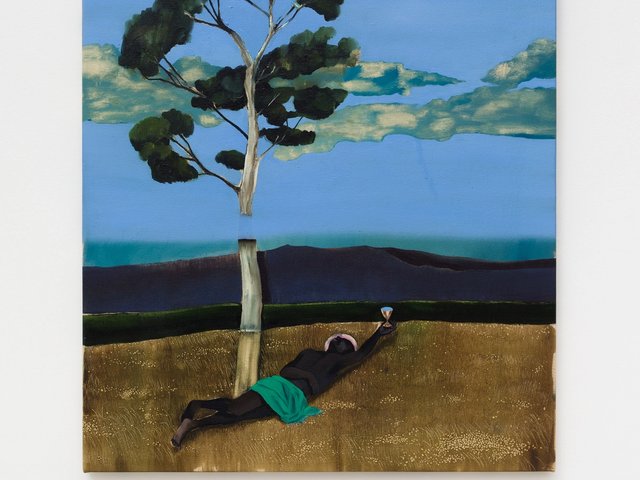In the thick of the gallery closures and fair cancelations brought on by the Covid-19 pandemic, there was much talk about the need for gallerists to collaborate. “We are all in this together” was a pronouncement often heard over Zoom calls and at outdoor cocktail gatherings during pandemic year two—even if the words were merely lip service.
However, despite the fact art fairs (and the travel that comes along with them) are, for the most part, back on our collective schedules, there are some galleries that have continued to work toward common goals in a collaborative way. A prime example of this market camaraderie can be seen in Manhattan’s Lower East Side, where two respected Latin American galleries, Bogotá, Colombia’s Instituto de Visión and the Lima, Peru-based Revolver Galería are presenting exhibitions in New York for the first time and together in a shared space.
“It’s hard for galleries in places like Bogotá, you get a lot of attention during the art fairs, but that’s it,” says Omayra Alvarado-Jensen, one of the founders of Instituto de Visión. “We were putting on these beautiful shows during the pandemic and we felt they needed to be seen on a higher level than they were. It was as if our gallery was getting smaller as our ideas were growing and our artists getting stronger and our shows more interesting.”
Often in life, it all comes down to luck and who you know. During Frieze New York’s 2021 edition, Alvarado-Jensen and one of her partners, Beatriz López, were sharing a coffee shortly after Instituto de Visión clinched the fair’s coveted Stand Prize, when they were offered just the kind of opportunity they were looking for—a space in Manhattan's Lower East Side.
According to Alvarado-Jensen, Revolver’s Giancarlo Scaglia was going through a similar creative growth spurt and wanted to find a way to expand his gallery’s market. “We are strong believers in the economy of friendship, and with galleries like ours, when you collaborate the projects become stronger,” Alvarado-Jensen says.
Instituto de Visión’s exhibition, Memory Palace, focuses on two artists: Alexandra Gelis from Colombia and Venezuela, and Modou Dieng from Senegal. Revolver Galería is presenting a historical selection of paintings, photos, and design work by the Peruvian artist Jesús Ruiz Durand titled La Reforma Agraria 1968-1973. Both exhibitions run until 24 March in the shared space at 88 Eldridge Street in Manhattan.
“For us, working together makes total sense, it’s a reflection of our culture of community,” Alvarado-Jensen adds. “Then, from a socio-political [perspective], for Latinos to be able to compete, we have to work together. It’s completely natural, it’s a part of the Latino experience.”


